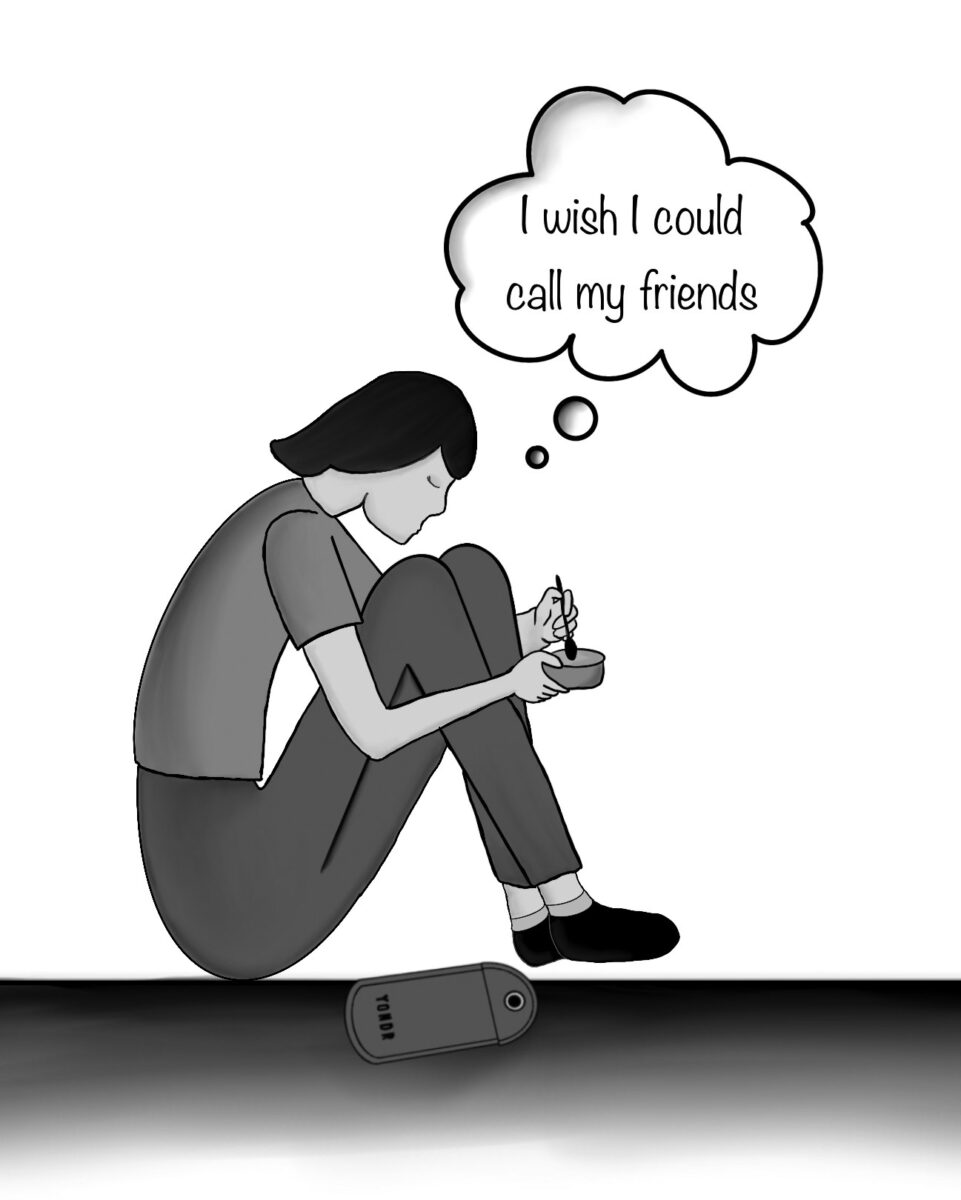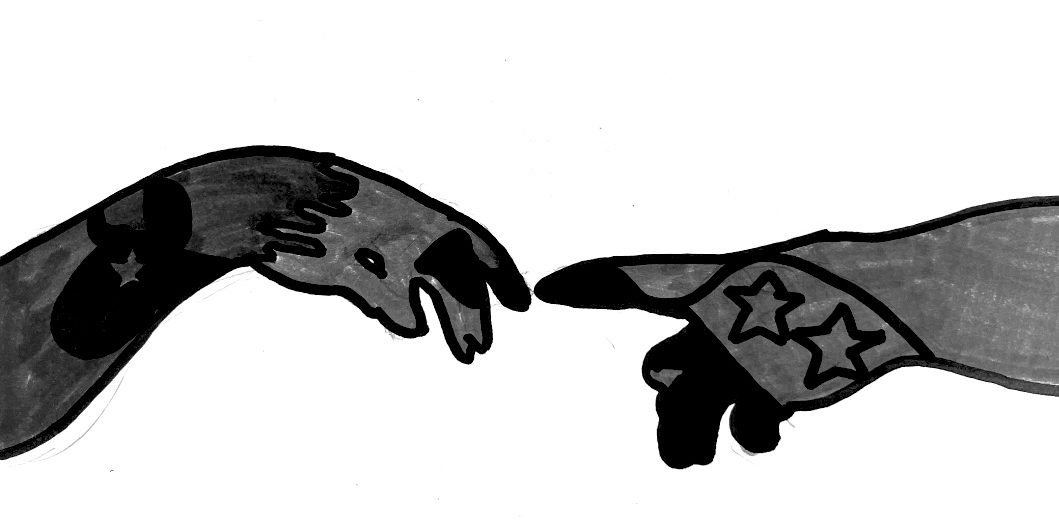Growing up, stories of knights in shining armor valiantly fighting off fire-breathing dragons helped us fall asleep at night.
A little later on, comic strips of superheroes like Batman and Superman fighting for the betterment of society, even while battling their inner demons, set the example of true role models.

But today, it seems that the line between positive leaders and rebellious outcasts has been blurred.
Former Redwood student Max Wade made a name for himself and gained a pop-culture following after news spread of his alleged criminal activity over the past year. More than just a household name in our community, Wade had the chance to shine in the spotlight for his alleged acts, and was even featured on the homepage of Yahoo! News.
Wade’s apparent disregard for the social and behavioral norms of society is what has caused many to idolize him. A few went as far as to create a music video that has attracted over 15,000 online hits. The words “free Max Wade” became commonplace to hear in the hallway, even long before he entered a not guilty plea.
It’s not the fact that Wade broke the law that caused his rise in popularity, but rather that his alleged action-movie-style crimes were so bizarre that they attracted waves of attention, and even a strange form of respect.
Wade’s bold actions may have gained much support, but why idolize a story that, if proven to be true in a court of law, could have led to the deaths of two people?
We seem to be adopting the anti-hero as our idol and forgetting to recognize true, self made role models.
Even a leader who has fallen from grace does more for society than a figure of notoriety.
Lance Armstrong, once admired for his athleticism and successful business ventures, was recently forced to accept that his once-stellar reputation is now forever tarnished by unproven allegations. After giving up the fight against accusations of performance enhancing drug use, Armstrong was stripped of his seven Tour de France victories. Fans all over the world tore down their posters of Armstrong and cut off their yellow Livestrong bracelets.
We were outraged by the possibility that the one we trusted as an honorable athlete may have betrayed us. But we forget to realize that these accusations are not the entirety of Armstrong’s legacy. What’s done is done, and we should remember Armstrong for his inspirational life, philanthropy and the establishment of Livestrong, an organization dedicated to improving the health of others.
Any pseudo-celebrity can make the front page of the papers, but it’s up to us to evaluate how we want these people to impact our lives. Do we want to see parents rocking their children to sleep with stories of theft and murder? Let’s channel ourselves back to our childhoods, appreciate the good others have done, and find true heroes to idolize.











